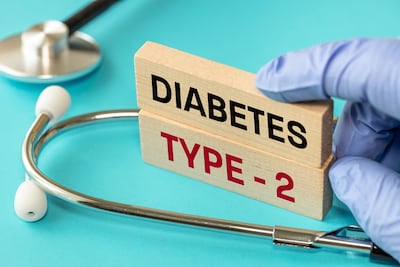Metabolic Disorders
UK major will bag CSPC’s eight preclinical drug candidates in weight management, including most advanced asset SYH2082, a long-acting GLP-1/GIP receptor agonist with once-monthly dosing potential.
The California firm announced positive data from its early-stage randomized study of TLC-6740 combined with Lilly’s tirzepatide in patients with obesity.
In the head-to-head Phase III HARMONY trial in metformin-failed type 2 diabetes, HighTide's HTD1801 yielded a mean 1.12% reduction in HbA1c from baseline at 24 weeks, versus 0.93% for AstraZeneca’s Farxiga.
While the European Medicines Agency’s human medicines committee voted in favor of EU approval for 10 new products, it reaffirmed its previous decision not to grant Aqneursa new active substance status.
The EMA has scheduled oral explanation meetings this week for Anavex’s blarcamesine and three other products that are nearing the end of the regulatory review cycle. These meetings usually represent the final chance for sponsors to persuade the agency that their product merits approval.
Hanmi is planning to file for Korean approval of the country's first homegrown obesity contender efpeglenatide by year-end, following positive topline Phase III data for the Sanofi U-turned asset.
The sponsors of seven new medicines nearing the end of their EU regulatory review are due – or possibly due – to appear before the European Medicines Agency’s human medicines committee, the CHMP, to address remaining concerns about their marketing applications.
The European Medicines Agency is this week expected to recommend whether EU marketing approval should be granted to myriad new products, including therapies for bronchiectasis, RSV, menopause-related symptoms and type 2 diabetes.
Cessatech and Proveca’s investigational, sufentanil/ketamine fixed-dose combination analgesic nasal spray is among the latest drugs that the European Medicines Agency has started to review for potential pan-EU marketing authorization.
MBX Biosciences uses its Precision Endocrine Peptide (PEP) platform to create hormone therapeutics with improved efficacy, durability and tolerability in rare diseases and obesity.
The drugmaker announced topline results from the Phase III ATTAIN-2 trial in overweight/obese patients with type 2 diabetes and plans to file for approval.
Recommendations from the health technology assessment institute, NICE, reflect a strategic shift from treating type 2 diabetes to proactively preventing future complications of the condition.











